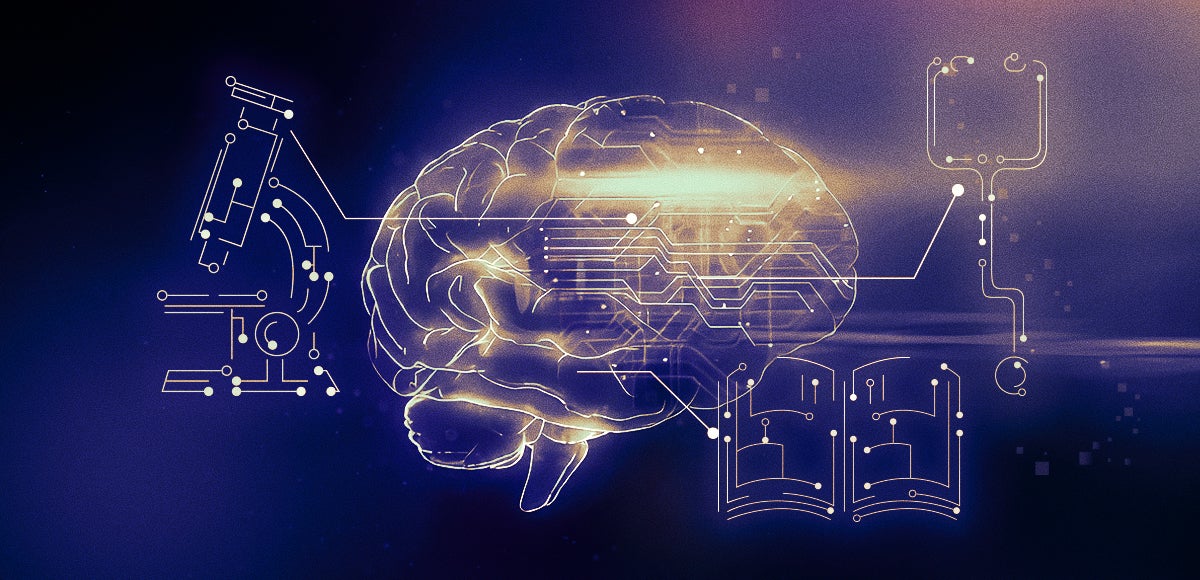Navigating Legal Challenges in the Publishing Industry in the Age of AI

As artificial intelligence (AI) continues to transform the publishing industry, new legal challenges have emerged. From copyright concerns to contractual changes, publishers and authors are grappling with the implications of AI-powered tools and technologies. This article explores five key legal challenges facing the publishing industry in relation to AI, including copyright issues, rights utilization, contractual changes, and the ethical use of AI. We will also highlight the positive impact of AI tools, such as eBookFairs.com’s book blurb generator, in enhancing book metadata and marketing efforts.
- Copyright Issues: AI’s ability to generate content raises questions regarding copyright ownership and infringement. As AI models become more sophisticated, they can generate original works that resemble human-created content. Determining the copyright ownership of AI-generated works can be complex, as it involves understanding the extent of human involvement and contribution in the creative process. Legal frameworks may need to evolve to address these issues and establish guidelines for copyright protection and attribution in AI-generated content.
- Rights Utilization and AI Analysis: Publishers are increasingly utilizing AI to analyze submissions and identify potential market viability. However, this practice raises concerns about rights utilization. Publishers must ensure that AI analysis of manuscripts does not infringe upon an author’s rights or exceed the scope of the rights granted under existing contracts. Careful examination and updates to author contracts may be necessary to address the use of AI technologies in the evaluation and selection process.
- Contractual Changes: With the integration of AI technologies, contractual agreements between publishers and authors may need to be revised to include provisions that specifically address AI usage. Authors should be aware of how their works may be analyzed, reviewed, or modified by AI tools during the publishing process. Contractual language should be crafted to clearly define the scope of AI involvement, rights ownership, and compensation arrangements to ensure transparency and fairness.
- Protecting Intellectual Property: As AI technologies advance, the risk of intellectual property infringement increases. Publishers and authors must take precautions to safeguard their works and prevent unauthorized use or replication by AI models. Implementing robust security measures, including digital rights management (DRM) and content monitoring systems, can help protect against AI-generated plagiarism and piracy.
- Ethical Use of AI: As AI becomes more prevalent in the publishing industry, ethical considerations are paramount. Transparency and informed consent are essential when utilizing AI tools that impact authors’ works. Publishers should ensure that authors are aware of how AI is used and obtain their consent before implementing AI-driven processes. Ethical guidelines and industry standards should be established to promote responsible AI use and respect the rights and creative integrity of authors.
Positive Impact of AI: eBookFairs.com’s Book Blurb Generator:
While legal challenges accompany the rise of AI in the publishing industry, AI tools also offer numerous benefits. For instance, eBookFairs.com’s book blurb generator serves as an ethical and efficient solution for producing captivating book descriptions. By automating the process of generating book blurbs, authors and publishers can save time while ensuring accurate and engaging metadata for online listings and bookstore distribution. This AI-powered tool enhances book marketing efforts and improves discoverability in an increasingly competitive market.
As the publishing industry embraces the potential of AI, it must confront and navigate various legal challenges. Copyright issues, rights utilization, contractual changes, and ethical considerations demand careful attention to protect authors’ rights and intellectual property. By proactively addressing these challenges and updating legal frameworks and contractual agreements, the publishing industry can leverage AI technologies responsibly and ethically. Additionally, AI tools like eBookFairs.com’s book blurb generator demonstrate the positive impact of AI in enhancing book metadata and marketing strategies, while upholding ethical standards and author rights. With continued vigilance and thoughtful adaptation, the publishing industry can and will need to learn how to deal with generative AI.





